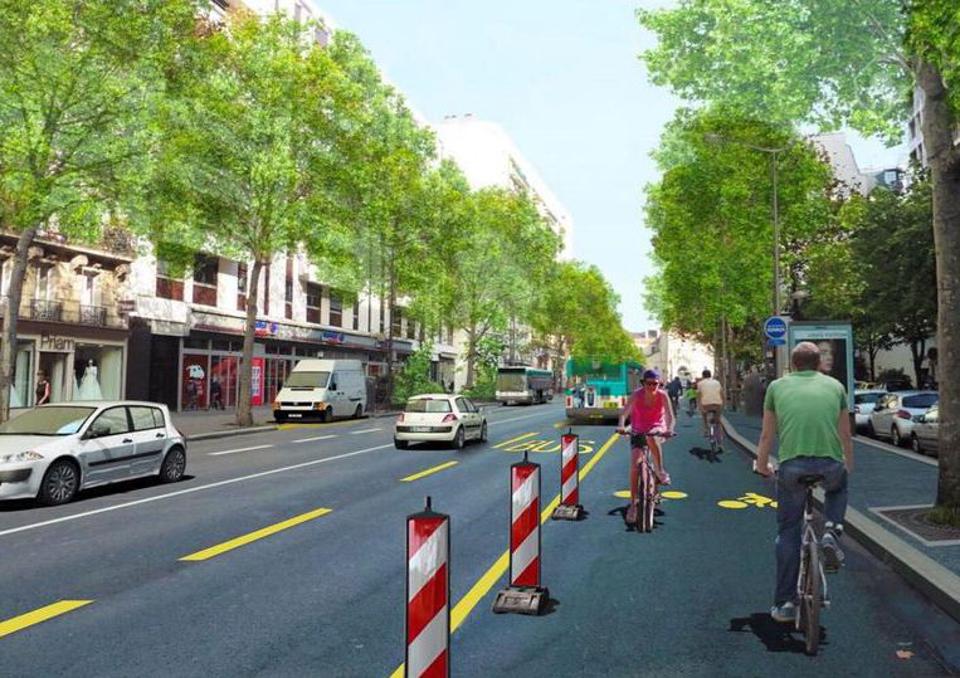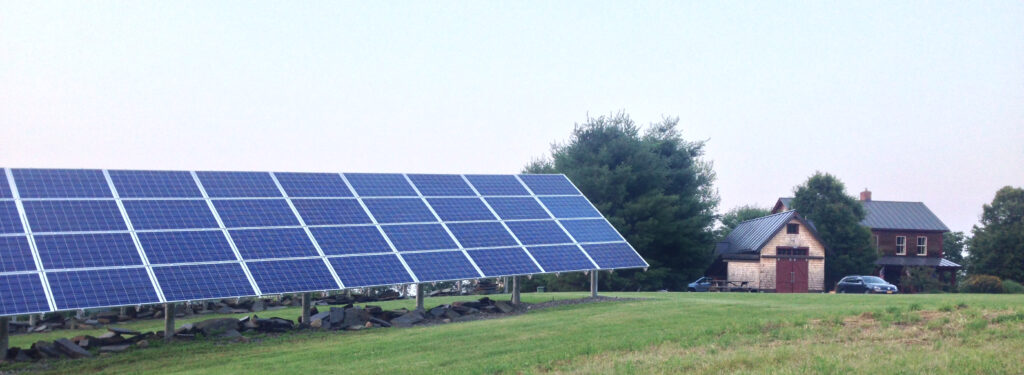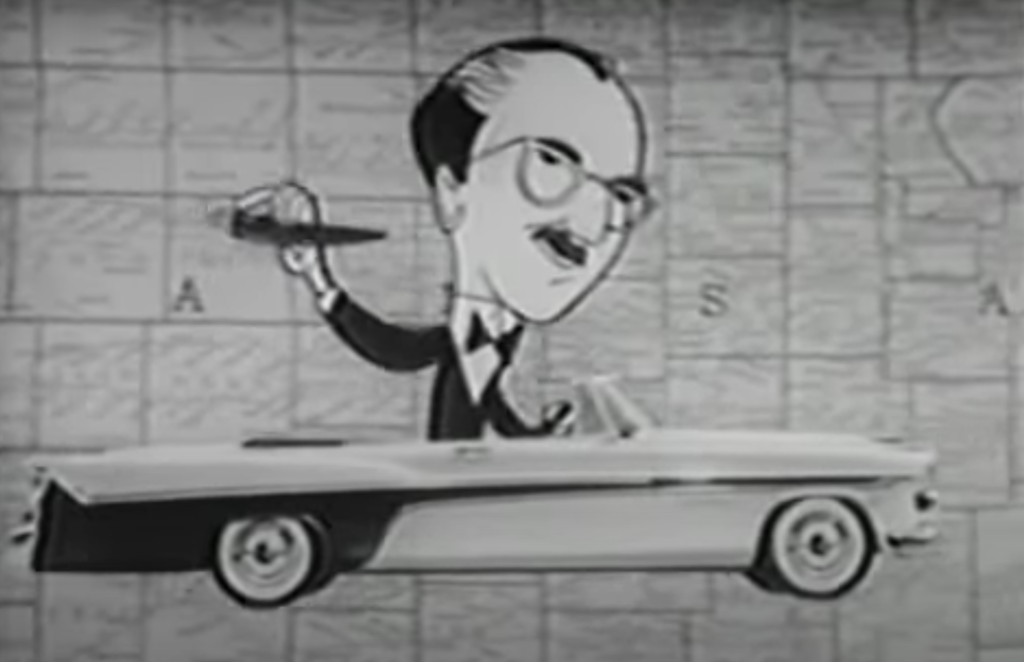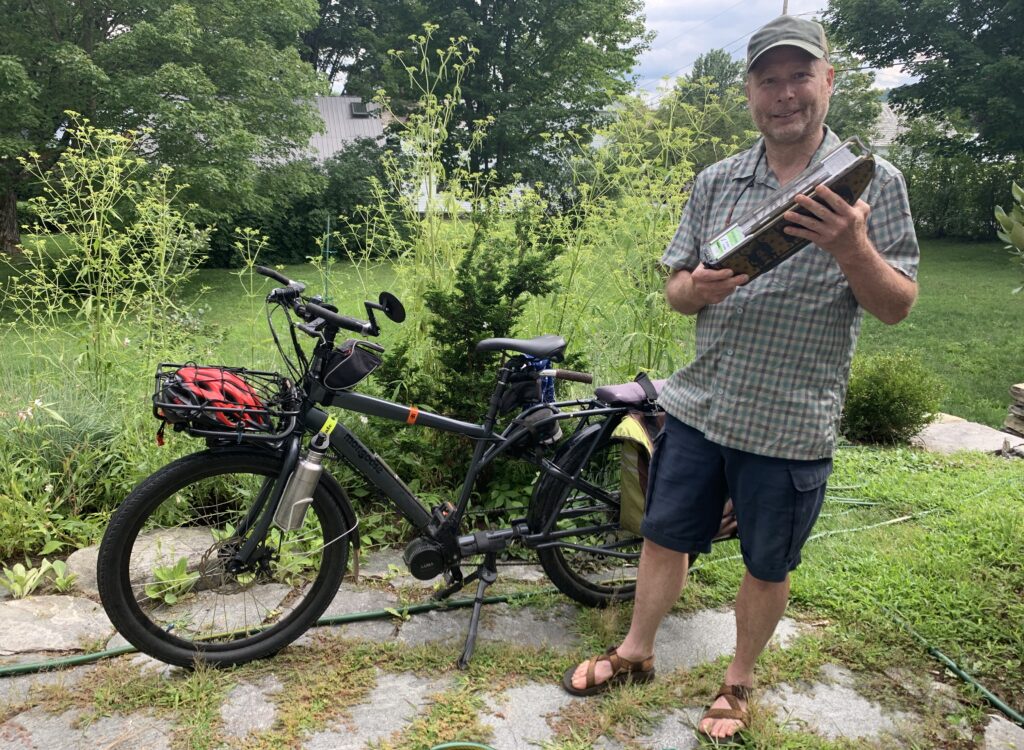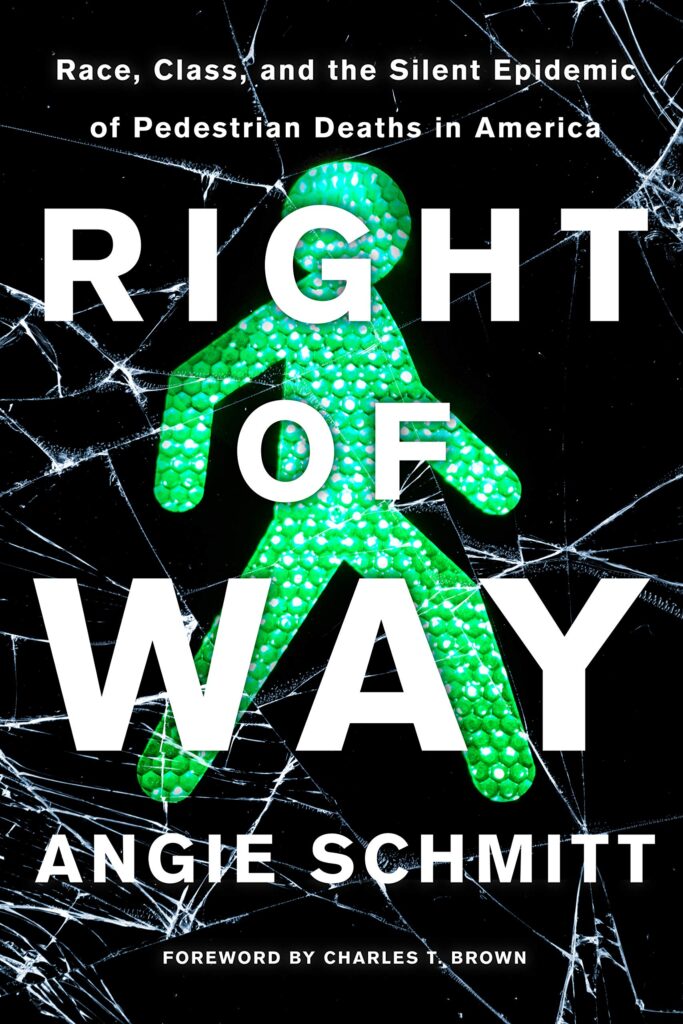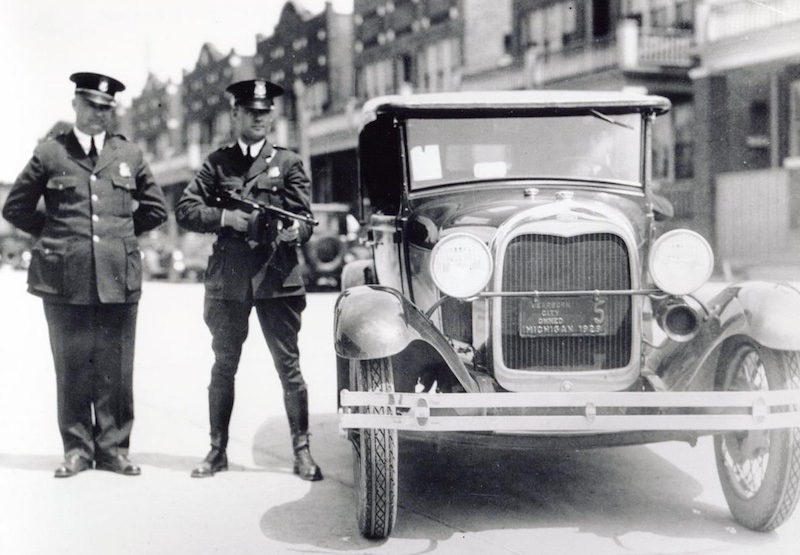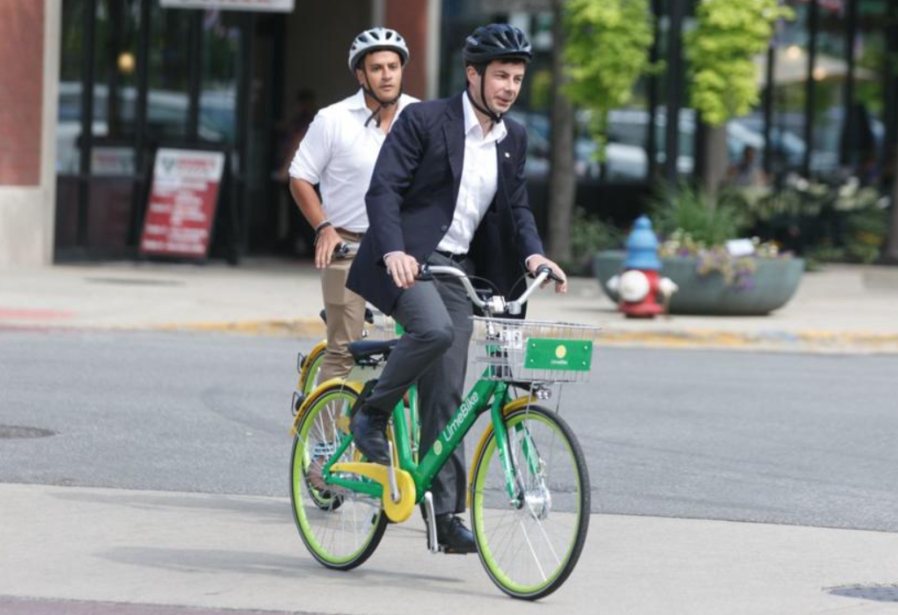
The best thing you can say about 2020 is that it was the year that, well, was. In this year-end roundup, Aaron, Sarah and Doug take some listener voice memos and respond to the stories that flew across the War on Cars news desk. Is it a Good Thing or a Bad Thing that Mayor Pete Buttigieg has been named the next Transportation Secretary? What will it mean for the future of the “third space” now that fast food restaurants are ditching indoor dining and retooling their parking lots and drive-thrus to cater to online orders? What’s the connection between a massive diesel tampering scandal in America and a landmark public health case in the UK? And what will it take to sustain the pandemic-induced bike boom into next year and beyond?
Find the full transcript of this episode here.

